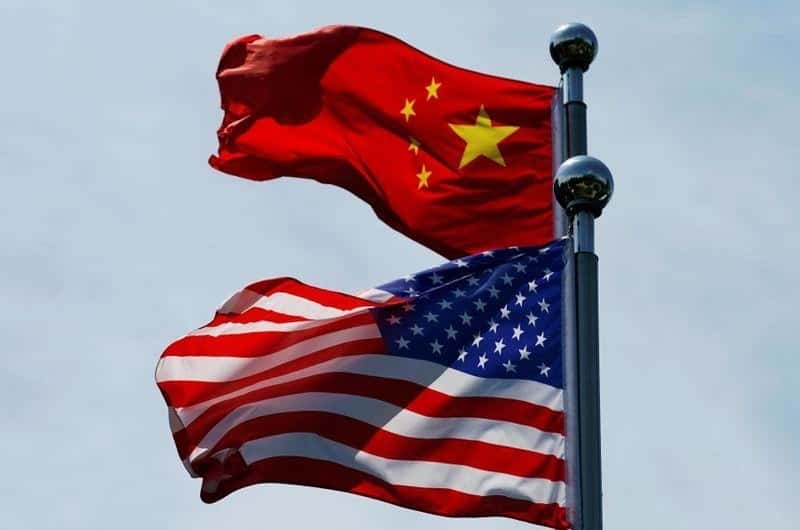×
The Standard e-Paper
Smart Minds Choose Us

The coronavirus has disrupted supply chains and demand across the global economy, but it is the prospect of Europe becoming a casualty in the U.S.-China tech war that keeps the president of the European Chamber in China “awake at night”.
“When two elephants dance it’s hard to stand aside and not be impacted,” said Jörg Wuttke, who is also the chief representative in China of German petrochemicals giant BASF.